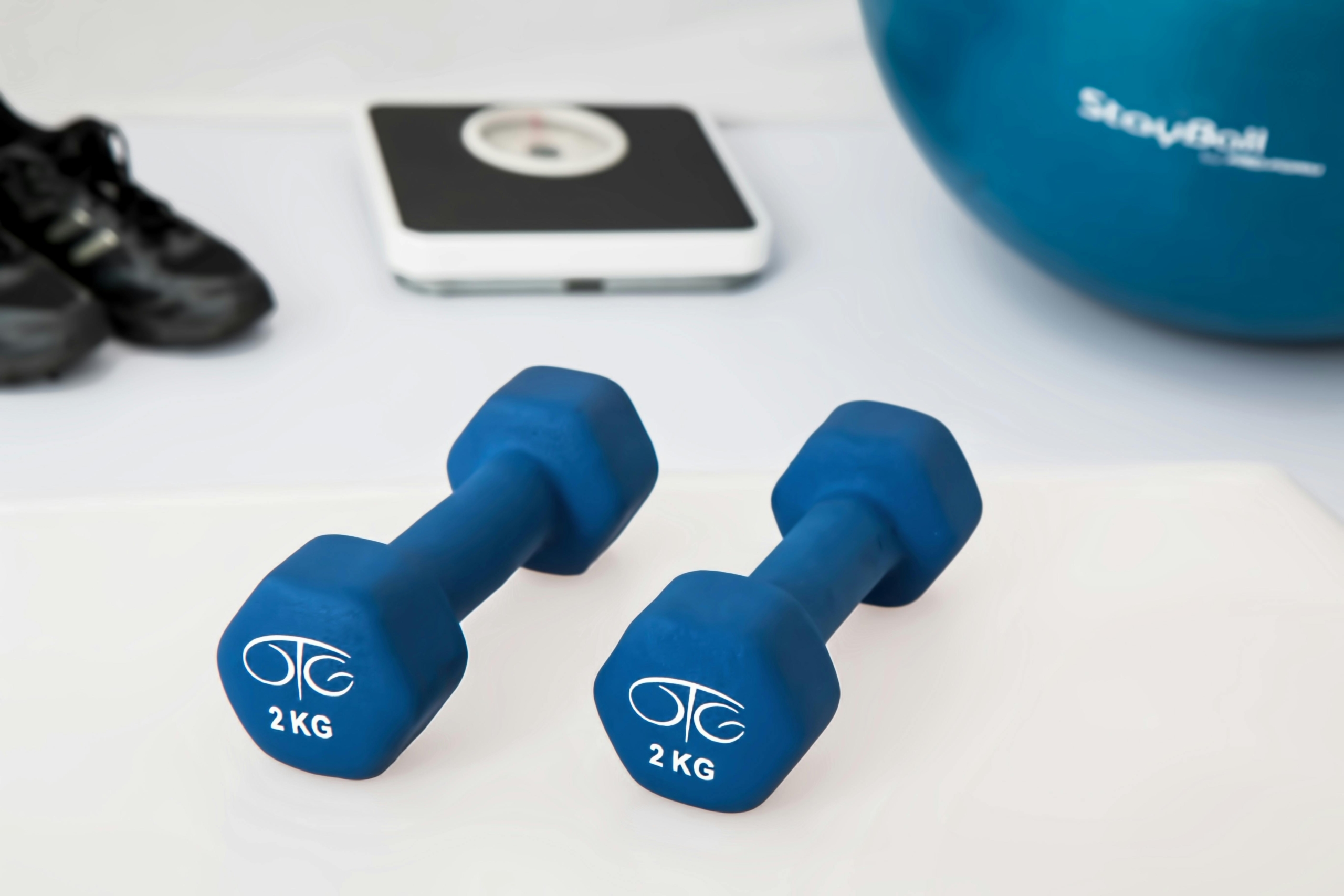Pregnancy is a crucial time for both the mother and the developing baby. Proper nutrition, including the right vitamins and minerals, plays a key role in supporting a healthy pregnancy. Expecting mothers need to ensure they are getting essential nutrients to promote fetal development and maintain their own well-being. Below, we explore the most important vitamins during pregnancy, their benefits, and how to incorporate them into your diet.
1. Folic Acid: Essential for Neural Tube Development
Folic acid (vitamin B9) is one of the most important nutrients for pregnancy. It plays a critical role in the development of the baby’s neural tube, which later forms the brain and spinal cord. Adequate folic acid intake can help reduce the risk of neural tube defects such as spina bifida.
Recommended Intake: Women who are planning to conceive should start taking at least 400 micrograms (mcg) of folic acid daily, ideally one month before conception and during the first trimester. Some healthcare providers may recommend up to 600 mcg during pregnancy.
Sources: Leafy green vegetables, citrus fruits, beans, fortified cereals, and prenatal vitamins.

2. Iron: Supports Oxygen Supply to the Baby
Iron is crucial for the production of red blood cells, which transport oxygen to the baby. During pregnancy, a woman’s blood volume increases, making it essential to meet higher iron requirements. Iron deficiency can lead to anemia, causing fatigue and increasing the risk of premature birth and low birth weight.
Recommended Intake: Pregnant women should aim for 27 milligrams (mg) of iron daily.
Sources: Lean meats, poultry, fish, lentils, spinach, and iron-fortified cereals. Pairing iron-rich foods with vitamin C sources (such as oranges or bell peppers) can enhance iron absorption.
3. Calcium: Building Strong Bones and Teeth
Calcium is necessary for the baby’s developing bones, teeth, muscles, and nervous system. If a mother’s calcium intake is insufficient, the body will draw calcium from her bones, potentially leading to osteoporosis later in life.
Recommended Intake: Pregnant women should get 1,000 mg of calcium daily.
Sources: Dairy products (milk, cheese, yogurt), leafy greens, almonds, and fortified plant-based milk.

4. Vitamin D: Aiding Calcium Absorption and Immune Function
Vitamin D works hand-in-hand with calcium to support bone development and immune function. Deficiency in vitamin D has been linked to complications such as gestational diabetes and preeclampsia.
Recommended Intake: Pregnant women should aim for 600 international units (IU) of vitamin D daily.
Sources: Sunlight exposure, fatty fish (salmon, sardines), eggs, and fortified foods like milk and cereals.

5. DHA (Docosahexaenoic Acid): Essential for Brain and Eye Development
DHA is an omega-3 fatty acid that supports the baby’s brain and eye development. It is particularly important in the third trimester when rapid brain growth occurs.
Recommended Intake: 200-300 mg of DHA daily.
Sources: Fatty fish (such as salmon and tuna), flaxseeds, walnuts, and DHA-enriched prenatal vitamins.
6. Vitamin B12: Supporting Red Blood Cell Formation
Vitamin B12 works alongside folic acid to help in red blood cell production and brain function. Deficiency can lead to fatigue, anemia, and potential neurological issues in the baby.
Recommended Intake: 2.6 mcg per day during pregnancy.
Sources: Animal products such as meat, eggs, dairy, and fortified plant-based products.
7. Iodine: Essential for Thyroid Function
Iodine is critical for thyroid hormone production, which regulates metabolism and supports fetal brain development.
Recommended Intake: 220 mcg daily.
Sources: Iodized salt, dairy products, seafood, and eggs.

8. Choline: Brain and Spinal Cord Development
Choline plays a vital role in fetal brain development and helps prevent neural tube defects.
Recommended Intake: 450 mg daily during pregnancy.
Sources: Eggs, beef liver, chicken, fish, and soybeans.
Should You Take Prenatal Vitamins?
Prenatal vitamins are specially formulated to ensure pregnant women meet their daily nutritional needs. While a healthy diet should be the primary source of vitamins and minerals, a high-quality prenatal vitamin can help fill any gaps.
Always consult with your healthcare provider before starting any supplement to ensure it meets your specific needs.

Final Thoughts
Ensuring you get the right vitamins and minerals during pregnancy is crucial for your health and your baby’s development. A well-balanced diet combined with prenatal vitamins can help you meet your nutritional needs. Speak with your doctor to create a personalized supplement plan tailored to your pregnancy journey.
By prioritizing essential nutrients, you’re taking an important step toward a healthy and happy pregnancy.









